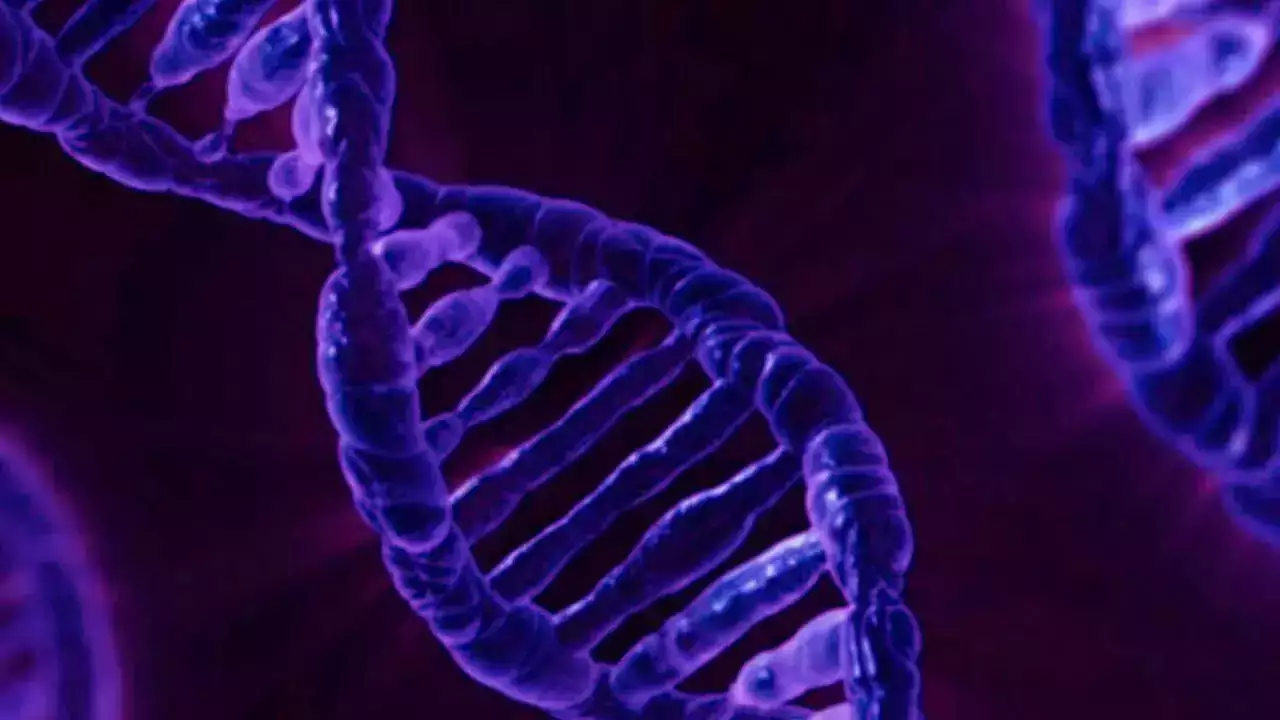Cancer – the word itself sends shivers down the spine. But what exactly is it, and how does it wreak havoc in our bodies? Buckle up, because we’re diving deep into the science of this complex disease, understanding its sneaky tactics, and exploring the hopeful world of treatment.
Understanding the Basics: Cells Gone Rogue
Our bodies are intricately built with trillions of tiny workers called cells. These well-behaved fellas have a specific job – to grow, divide, and then die when they get old or damaged. But sometimes, the instructions get messed up. Mutations in a cell’s genes, the blueprint of life, can turn it into a rebel. This rogue cell starts multiplying uncontrollably, forming a lump called a tumor. Now, tumors can be good (benign) or bad (malignant). Benign tumors are like overenthusiastic partygoers – they stay put and don’t cause trouble. Malignant tumors, however, are the real villains. They invade surrounding tissues, disrupt organ function, and can even detach and spread (metastasize) to distant parts of the body, wreaking havoc wherever they land.
Maruti Suzuki Swift 2024: Booking, features, launch date and price
2024 Bajaj Pulsar 125: Powerful bike with powerful updates!
The Many Faces of Cancer: A Diverse Enemy
Cancer isn’t a single disease; it’s an umbrella term for a multitude of foes, each targeting different organs and tissues. Here’s a quick peek at some common types:
- Carcinomas: These bad boys originate in the skin or linings of organs (like breast cancer or lung cancer).
- Sarcomas: These villains attack our supportive tissues like bones, muscles, and fat (bone cancer or soft tissue sarcoma).
- Leukemias: This cancer disrupts the blood-making machinery in our bone marrow, leading to abnormal blood cells.
- Lymphomas: These cancers target the lymphatic system, a network of tissues that fights infection.
What Triggers These Rebellious Cells?
The blame game for cancer is a complex one. Here are some of the usual suspects:
- Inherited Gene Mutations: Some of us inherit faulty genes that increase cancer risk.
- Lifestyle Choices: Smoking, excessive alcohol intake, and unhealthy diets heavily contribute to cancer development.
- Environmental Toxins: Exposure to radiation, certain chemicals, and pollutants can damage genes and trigger cancer.
- Age: As we age, our cells accumulate mutations, making them more susceptible to turning cancerous.
The Body Fights Back: Recognizing the Warning Signs
Our bodies are pretty good at raising red flags when something’s amiss. Here are some signs that shouldn’t be ignored:
- Lumps: Unexplained lumps or bumps, especially in the breast, should be checked by a doctor.
- Unusual Bleeding: Bleeding outside your menstrual cycle or blood in your stool or cough are potential warning signs.
- Persistent Changes in Skin: New moles, sores that don’t heal, or changes in the color or size of existing moles need evaluation.
- Unexplained Weight Loss: Losing weight without trying could indicate an underlying issue like cancer.
- Chronic Indigestion or Difficulty Swallowing: Persistent digestive problems could be a sign of something more serious.
Early Detection is Key: Fighting Back with Knowledge
Early detection is crucial in the fight against cancer. Regular check-ups, screenings for specific cancers based on your age and risk factors, and being aware of your body’s signals are all essential tools.
Hope on the Horizon: Treatment Options
The good news is that cancer research is a battlefield with constant advancements. Here’s an arsenal of weapons we have in the fight:
- Surgery: Removing the tumor surgically is often the first line of defense.
- Chemotherapy: Powerful drugs target and kill rapidly dividing cancer cells.
- Radiation Therapy: High-energy rays kill cancer cells or shrink tumors.
- Immunotherapy: This innovative approach harnesses the body’s immune system to fight cancer cells.
- Targeted Therapy: These drugs attack specific vulnerabilities in cancer cells.
Remember, you’re not alone in this battle. With early detection, the right treatment plan, and unwavering support from loved ones, cancer can be overcome.
A Final Word: Stay Informed and Take Charge
Knowledge empowers. Learning about cancer, its risk factors, and the available treatments puts you in control. Talk to your doctor, stay informed, and remember, a healthy lifestyle is your best defense. Let’s work together to turn the tide against this disease and create a brighter future.



